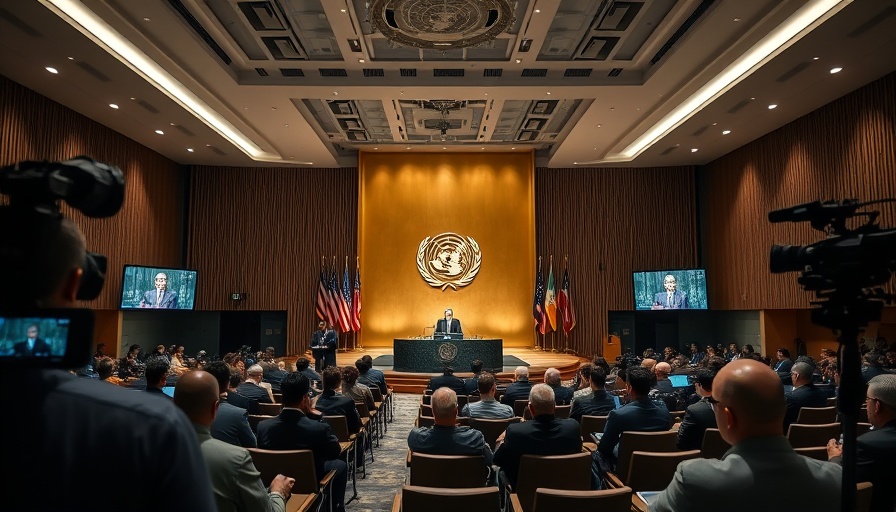
The Global Push for Clean Energy: No Stopping the Momentum
In a compelling statement made during a recent virtual meeting with world leaders, UN Secretary-General António Guterres reassured the global community that despite the challenges posed by fossil fuel interests and governmental opposition, the transition toward a clean energy future is unstoppable. Guterres expressed optimism, stating, “The world is moving forward. Full-speed ahead. No group or government can stop the clean energy revolution.” This sentiment reflects a growing recognition of the economic and environmental imperatives driving the shift to renewable energy sources worldwide.
Why Clean Energy Is the Future: Uniting Leaders from Around the Globe
The meeting included participation from notable world leaders such as Brazilian President Luiz Inácio Lula da Silva and Chinese President Xi Jinping, showcasing a unique coalition of climate-vulnerable nations and major economic powers. Guterres emphasized the significance of this diverse assembly, remarking that it was among the most focused gatherings of heads of state on climate issues in recent times. Their collective commitment to enhancing global climate action before the upcoming COP30 summit in Brazil sends a strong message: climate commitments must remain a priority, despite any external pressures to abandon them.
Challenges on the Path to Clean Energy: Awareness and Adaptability
During the session, Guterres acknowledged that the world is facing numerous hurdles, but he firmly urged that climate aspirations should not be derailed. He underscored the crucial role of Nationally Determined Contributions (NDCs) in the fight against climate change, urging countries to commit to ambitious new targets. This need for adaptability highlights the requirement for governments to make strategic policy shifts that align with both ecological goals and economic realities.
The Economic Opportunity of Clean Energy: A Transformational Shift
One of the noteworthy discussions at the meeting centered around the economic potentials that renewable energy presents. The secretary-general pointed out how the falling costs of renewables equate to a significant opportunity for energy independence. Access to affordable solar, wind, and energy storage solutions could fundamentally alter energy sovereignty, reducing reliance on costly and unstable fossil fuel imports. This new landscape is also paving the way for job creation, fueling growth in previously unimagined sectors of the economy.
China's Commitment and the Path Forward: Global Collaboration is Key
Guterres drew attention to Xi Jinping’s confirmation that China’s updated NDCs would encompass all sectors and greenhouse gases, which he deemed crucial for effective climate action. This development not only signals China’s proactive stance in the global sustainability dialogue but also emphasizes the importance of collaboration among nations in addressing the climate crisis comprehensively.
Conclusion: Embracing the Clean Energy Future Now
As we navigate the unpredictable terrain of climate politics, the insights shared by world leaders reaffirm a powerful message: the transition to clean energy is not just a necessity but an achievable goal. As individuals, we can support this movement by advocating for renewable energy initiatives in our communities and pressing local governments to implement sustainable practices. The future of clean energy is bright, and by collectively embracing this narrative, we can ensure that it remains on the global agenda.
 Add Row
Add Row  Add
Add 




Write A Comment